Difference between merino and alpaca yarn
Don’t know whether to choose merino or alpaca for knitting a sweater? These are truly the two softest and most popular wool threads. Both are quite warm, so they are often used to make winter clothes. They are used to knit blankets and make thermal underwear.
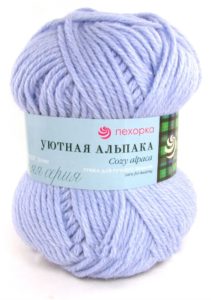 Both yarns are made from natural and environmentally friendly animal wool. Therefore, clothes knitted from them are therapeutic, as they have a positive effect on various diseases of the musculoskeletal system, and also contribute to their prevention. They are very similar in properties: lightweight, retain heat well, do not absorb odors, and absorb excess moisture. But they also have significant differences.
Both yarns are made from natural and environmentally friendly animal wool. Therefore, clothes knitted from them are therapeutic, as they have a positive effect on various diseases of the musculoskeletal system, and also contribute to their prevention. They are very similar in properties: lightweight, retain heat well, do not absorb odors, and absorb excess moisture. But they also have significant differences.
Composition of both materials
Reference! Alpaca is the fur of an animal similar to a llama. The alpaca belongs to the camelid family and lives in the highlands of the Andes of South America. Today the animal is bred to obtain valuable wool. There are two types of alpaca raised.Suri has long, braided hair, which is highly valued for its high quality and rarity. In Huacaya it is like soft plush, this type of animal is more common. Now the world's main supplier of alpaca wool is Peru.
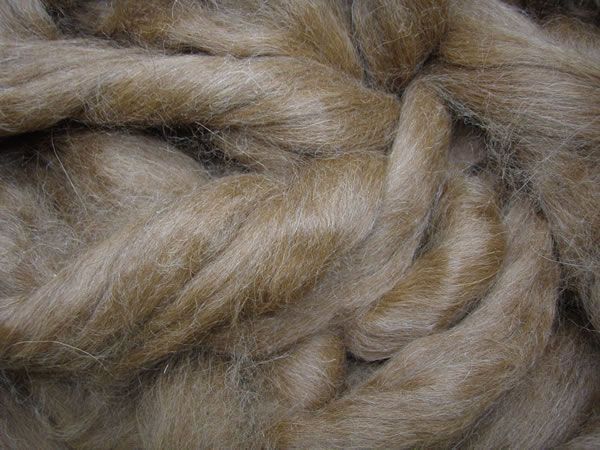
Merino is the wool of New Zealand or Australian sheep of different ages. The finest and highest quality is cut from the withers of young lambs, the coarser is cut from adult animals. Merino fleece has long been recognized throughout the world as the best; it is amazingly snow-white, warm and soft.
Comparison of alpaca and merino wool
Each type of yarn has its own advantages and disadvantages. The choice depends on what purpose the connected product will have, what properties, colors are needed, and where it will be used.
Benefits of alpaca
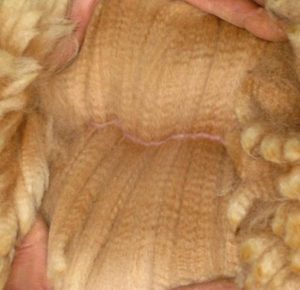 Alpaca is a silky and elastic yarn. Things made from it stretch easily. In its production, dyeing is very rarely used; all colors are natural. There are more than twenty colors: white, beige, red-brown, black. Alpaca wool is very warm, because the animal does not freeze even in the harsh conditions of the highlands. Its fibers differ in length and thickness (from 18 to 35 microns). It combines the best properties of llama and camel wool. Not subject to falling or rolling. It is used for winter clothes, blankets and even sportswear.
Alpaca is a silky and elastic yarn. Things made from it stretch easily. In its production, dyeing is very rarely used; all colors are natural. There are more than twenty colors: white, beige, red-brown, black. Alpaca wool is very warm, because the animal does not freeze even in the harsh conditions of the highlands. Its fibers differ in length and thickness (from 18 to 35 microns). It combines the best properties of llama and camel wool. Not subject to falling or rolling. It is used for winter clothes, blankets and even sportswear.
Advantages of merino yarn
Sheep wool is very durable because its fibers are rolled together. The processed finest yarn from it is recognized as elite and is expensive. It is widely used all over the world and is considered the standard of quality. The yarn is very thin and soft, spun into several threads. You can knit both openwork and warm voluminous items from it. Sheep wool does not absorb odors and retains heat well even when wet.Merino yarn comes in a wide variety of colors.
Alpaca or merino:
- Alpaca is several times lighter and warmer than sheep wool.
- Alpaca yarn is more hypoallergenic than merino yarn due to its composition and smoothness.
- Alpaca does not contain animal fat lanolin, which allows it to become less dirty.
- Alpaca fibers are straighter and smoother than merino. Sheep wool has scales, so it sometimes itches. Because of this, not all types are suitable for knitting children's products and items for allergy sufferers.
- Caring for products made from alpaca is easier than from sheep's wool. When washed, they do not shrink significantly and dry faster.
- Items knitted from specially treated merino are stronger and more durable than alpaca. They can be washed in a washing machine.
- High-quality merino yarn is synthetically processed. Alpaca is not processed and is therefore considered environmentally friendly.
- Merino has more colors than alpaca.
- Alpaca practically does not get wet, unlike merino. It has water-repellent properties, but at the same time perfectly absorbs moisture.
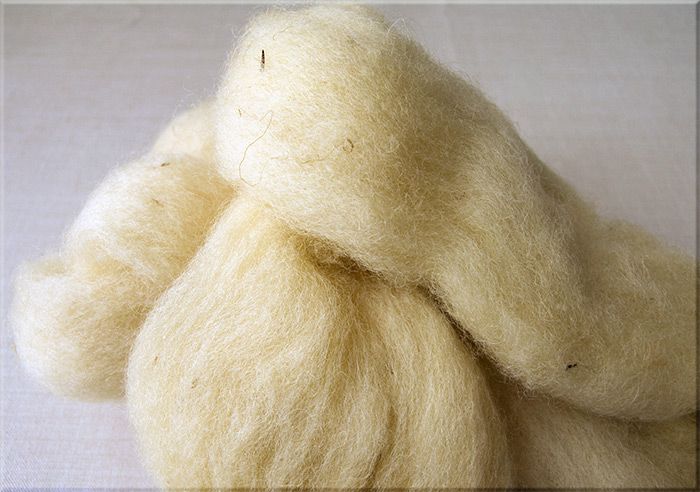
More and more manufacturers of woolen clothing and lovers of needlework are choosing alpaca as a more practical and convenient material to sew and use.


 0
0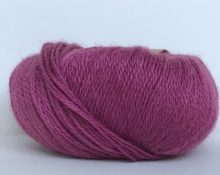
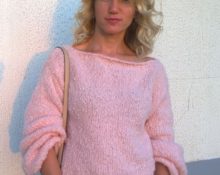
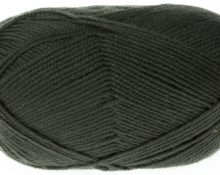
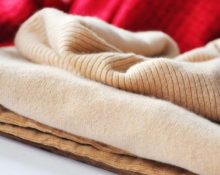
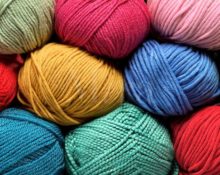
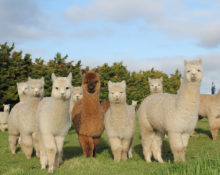

Good time!
Question about the article:
1. High-quality merino yarn is synthetically processed.– what kind of “synthetic” processing is this? No matter how long I work at the plant as a technologist, we never process anything :)
2. Things knitted from specially processed merino - what is this phrase? What is “in a special way”? We do not treat it with anything special. In addition to oiling with emulsion to relieve static stress and electrification. And the strength of the yarn is increased by the twist and length of the fiber in the thread.
3. Alpaca practically does not get wet, unlike merino. It has water-repellent properties, but at the same time perfectly absorbs moisture. – those. if it doesn’t repel water, then how will it pick up, it won’t seem like enough? :))) I’ll tell you a secret that wool (all wool, any kind), due to its structure, absorbs water well. And the fatty covering of the animal gives it water-repellent properties.
Ps no offense. Learn the math part. or read textbooks or consult with a specialist.